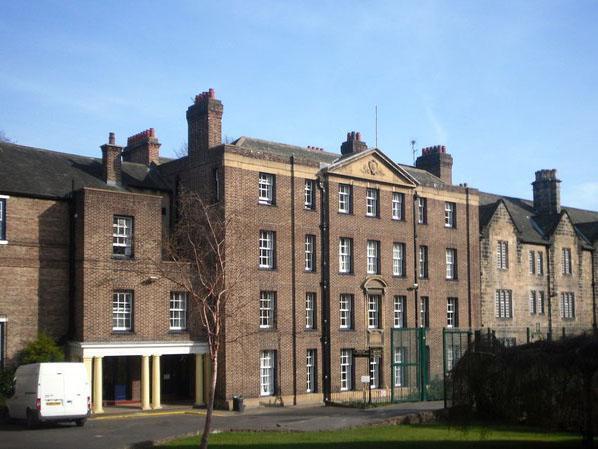Men’s testosterone levels determined by childhood conditions not genetics, study claims
New research may help in fight against conditions including prostate cancer and loss of libido

A man's testosterone levels are largely determined by his childhood environment rather than by genetics, new research suggests.
Scientists at Durham University say men who grow up in more challenging conditions – where they are exposed to infectious diseases or greater levels of poverty – are more likely to have lower traces of the hormone than those who spend their childhoods in healthier environments.
The study, published in the Nature Ecology and Evolution journal, challenges the theory that testosterone – commonly associated with aggression – is controlled by hereditary factors or race.
It suggests the difference is linked to the body's energy use: it may only be possible to have high levels of the hormone if there are fewer other demands placed on the body like fighting illness.
Dr Kesson Magid, lead author, said "A man's absolute levels of testosterone are unlikely to relate to their ethnicity or where they live as adults but instead reflect their surroundings when they were children."
The findings could have wider implications because having both too much and too little testosterone can indicate possible health issues. High levels of the hormone have ben associated with prostate cancer, while low levels are linked with fatigue and loss of libido.
The study collected data from 359 men on height, weight and age of puberty, along with saliva samples to examine their testosterone levels.
Researchers then compared groups who had experienced hugely different childhoods: men born and still resident in Bangladesh, Bangladeshi men who moved to the UK as children, Bangladeshi men who moved to the UK as adults, second-generation UK-born men whose parents were Bangladeshi migrants, and UK-born ethnic Europeans.
The study found that Bangladeshi men who grew up and lived as adults in the UK had significantly higher levels of testosterone compared with those who grew up in their native country.
Bangladeshis in Britain also reached puberty at a younger age and were taller than men who lived in Bangladesh throughout their childhood.
Gillian Bentley, co author of the study, said: “Very high and very low testosterone levels can have implications for men’s health and it could be important to know more about men’s childhood circumstances to build a fuller picture of their risk factors for certain conditions or diseases.”
Agencies contributed to this report
Join our commenting forum
Join thought-provoking conversations, follow other Independent readers and see their replies
Comments
Bookmark popover
Removed from bookmarks